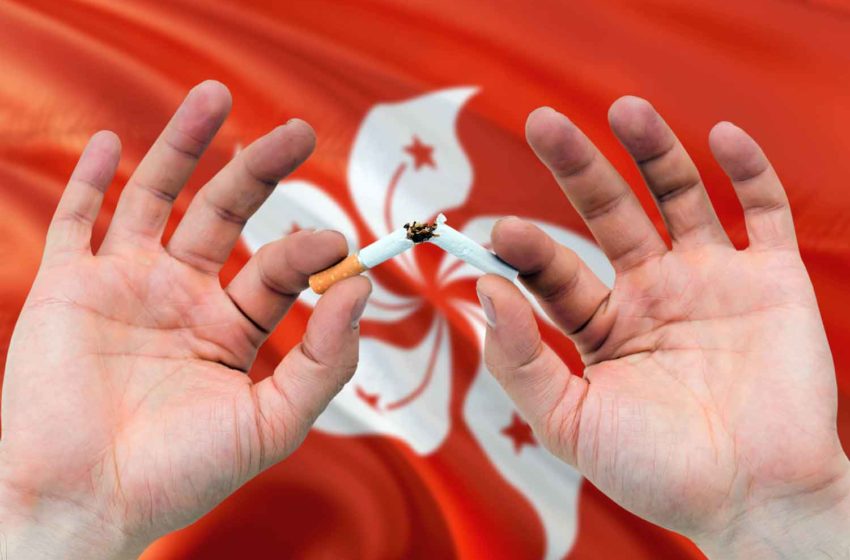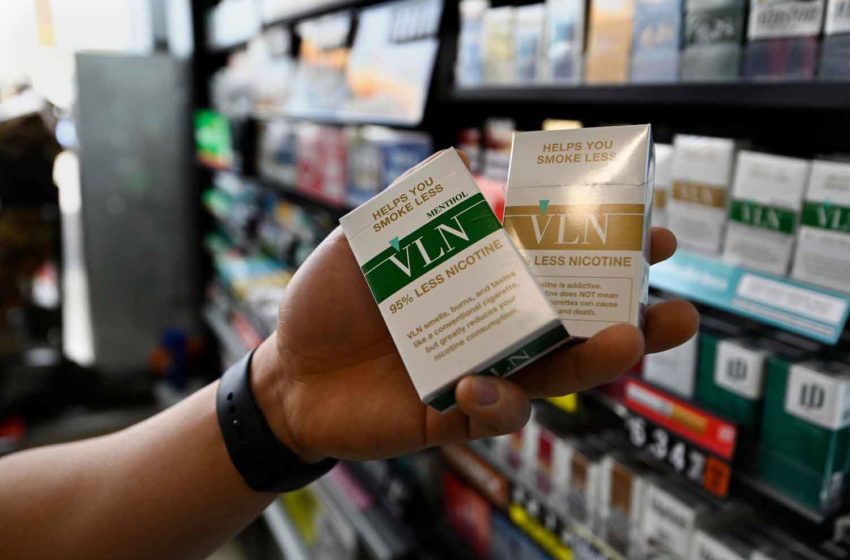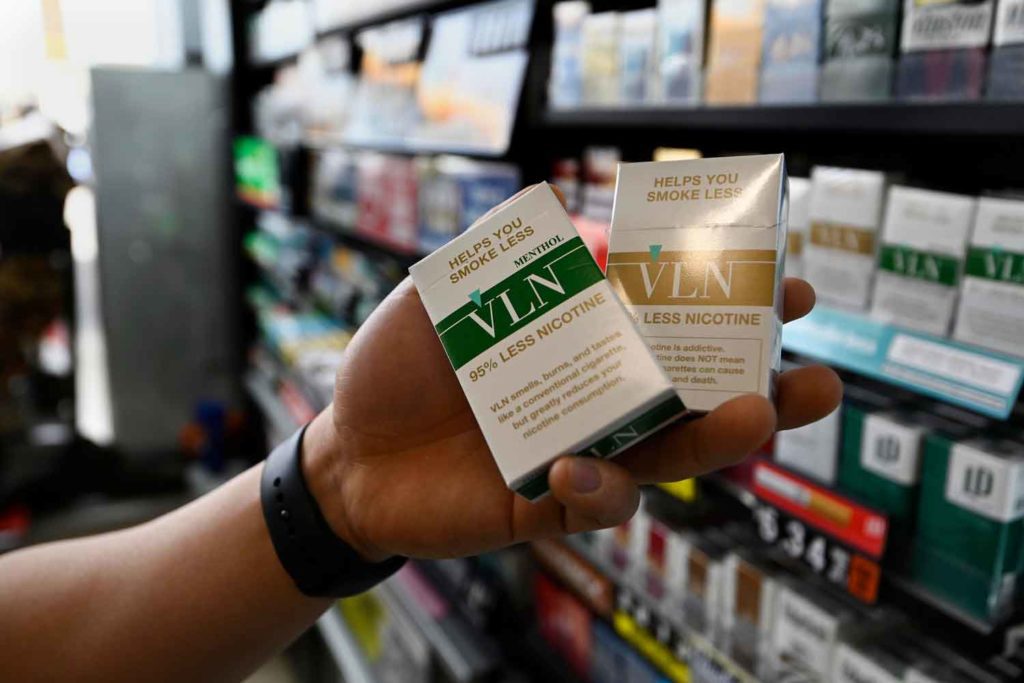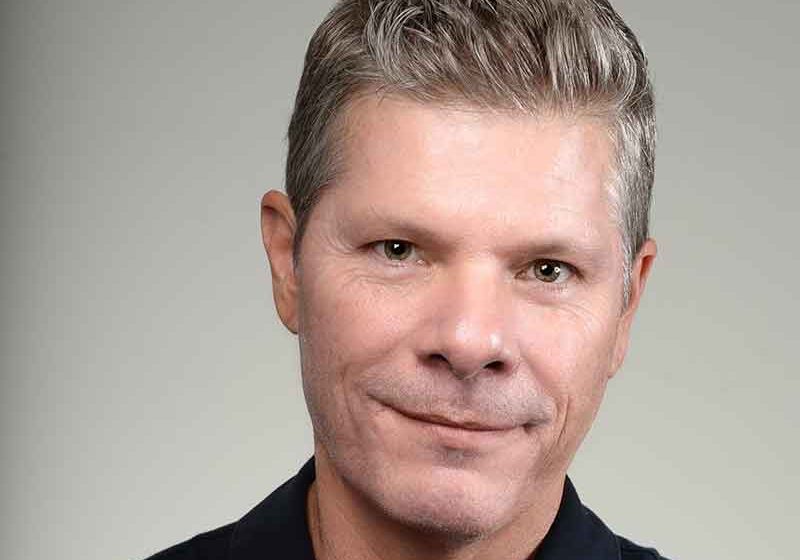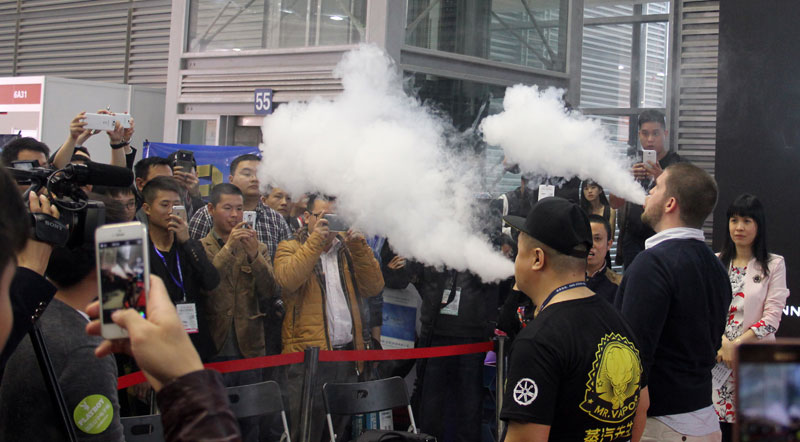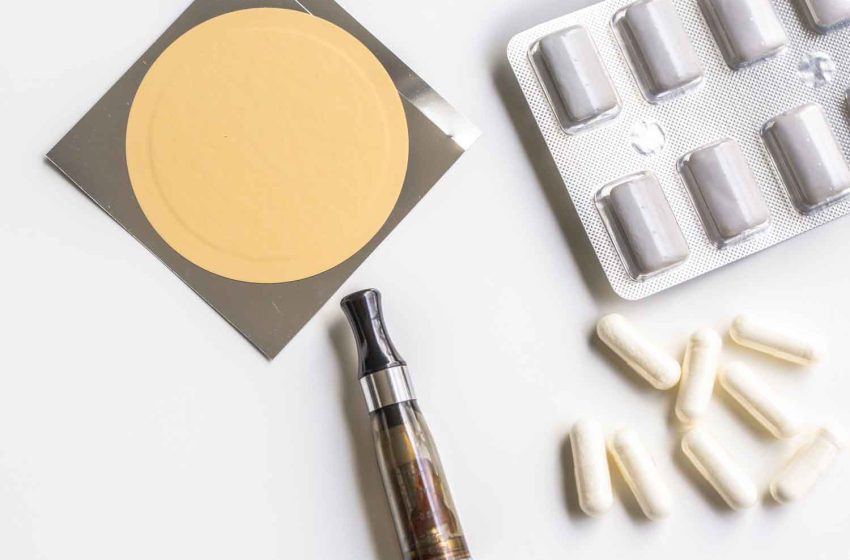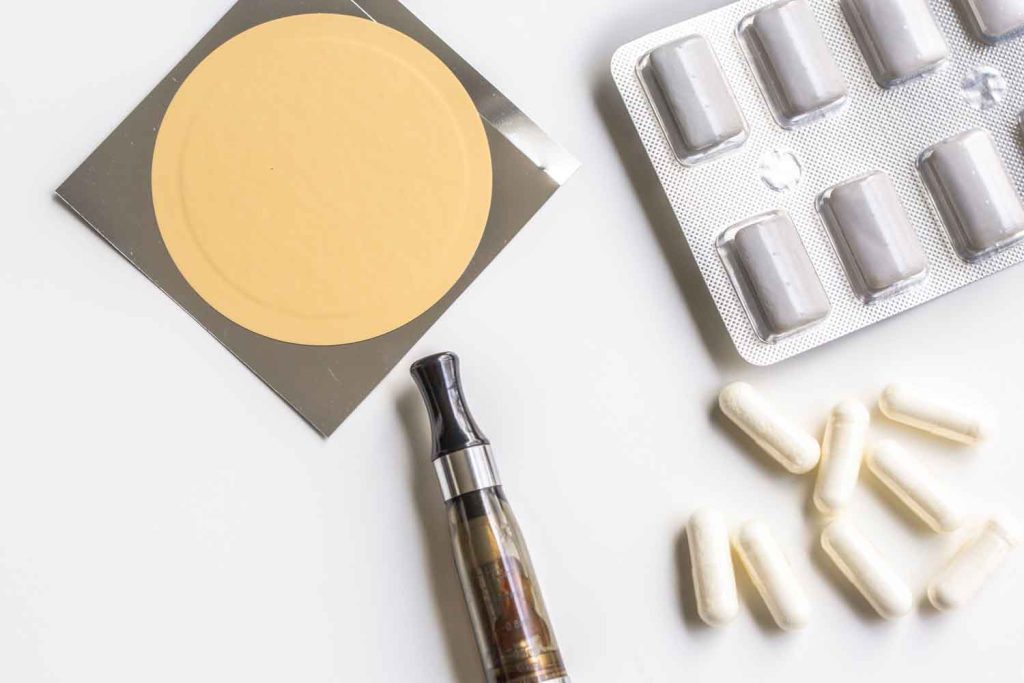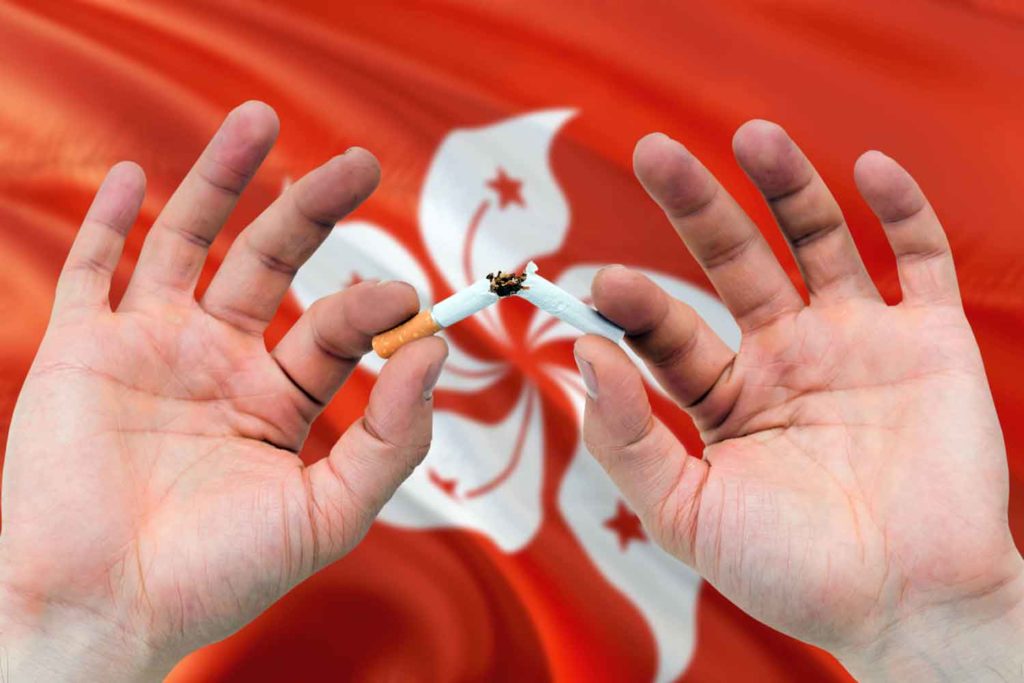
Hong Kong health authorities have asked city residents for feedback on several anti-smoking measures, including a generational tobacco ban, reports the South China Morning Post.
The public consultation, which began July 12 and is expected to end Sept. 30, covers four strategies: regulating supply and suppressing demand; banning promotion and reducing attractiveness; expanding nonsmoking areas and mitigating harm; and enhancing education and supporting those quitting smoking, according to Health Minister Lo Chung-mau.
“To protect our next generation from the harms of tobacco and to ensure the sustainability of our healthcare system, we need to draft strategies that keep up with the times,” Lo told a press briefing. “As a doctor, I don’t want our next generation to suffer from the harms of smoking and secondhand smoke.”
There were 17 possible measures included in the questionnaire for the consultation, including whether Hong Kong should “prohibit the sale of tobacco products to persons born after a certain date.”
Other questions include whether increasing the tobacco tax to 75 percent of the package price should be done rapidly or gradually every year and if a further ban on possessing e-cigarettes and heated-tobacco products is necessary. A ban on importing, promoting, manufacturing and selling e-cigarettes and heated-tobacco products was implemented last year.
In its consultation, the government excluded more aggressive measures, such as requiring shops to get a license to sell tobacco, penalizing third parties who give or sell cigarettes to under-18s, labeling tobacco products imported legally and requiring smokers to use a government app to show their ages when buying goods to verify their eligibility.

